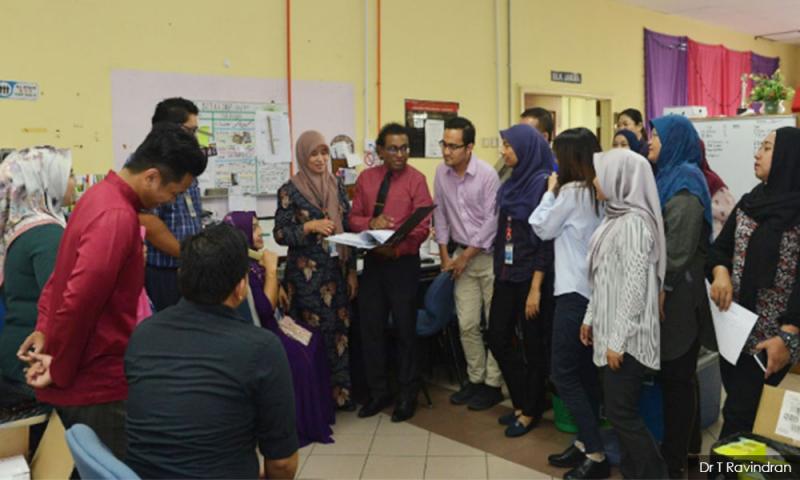It was Jan 25, 2020. The sun hasn't risen yet. But for a team of doctors and lab technicians attached to the Institute of Medical Research Malaysia (IMR), their eyes could not have opened wider.
They each had just received a phone call. Perhaps the most shocking one in their lives as researchers in the country's most elite medical laboratory.
"The National Public Health Laboratory (MKAK) in Sungai Buloh has concluded their tests, and it looks like we might have the first positive Sars-CoV-2 cases in our country," a voice at the other end of the phone told Dr T Ravindran, the head of Virology Unit at IMR.
Sars-CoV-2 refers to the scientific name of the new coronavirus, which later becomes widely known as Covid-19, taking from the last digit of the year when it was first founded in Wuhan, China.
Without waiting much further, Ravindran started his car and headed to IMR. Just before 6am that day, the whole team members arrived at their office, which is located at Jalan Pahang, just next to the Kuala Lumpur Hospital.
Sars-CoV-2 may be new to the world then, but Ravindran's team had already made their preparations for this day. Just days earlier, IMR had developed its own reagent to enable detection of the virus.
"Fortunately, on Jan 11, Chinese scientists have uploaded full genetic sequencing of the virus. Based on this data, IMR managed to develop their in-house primers...





